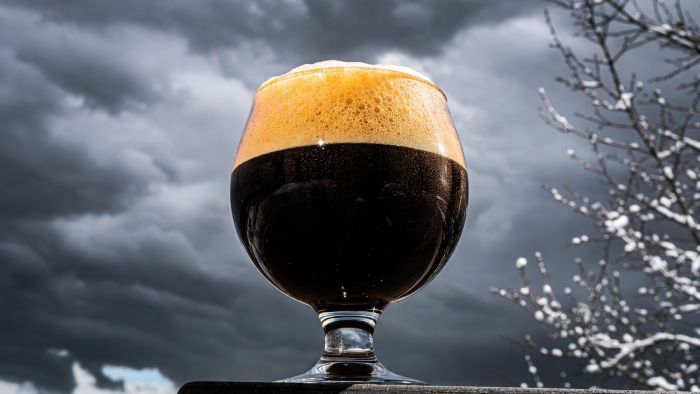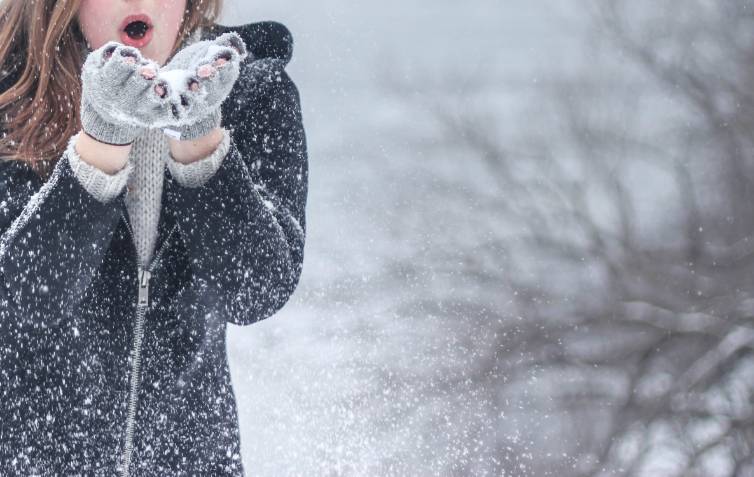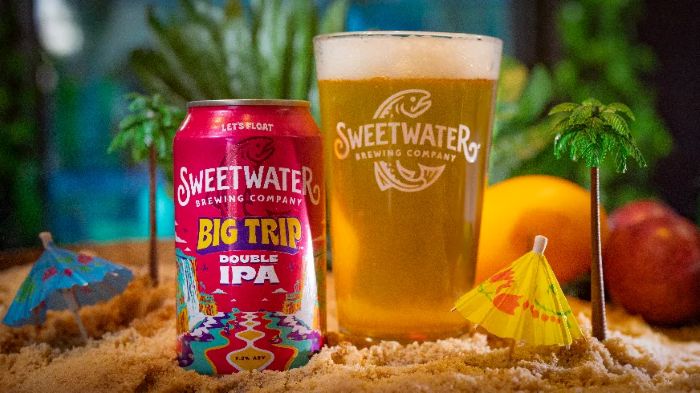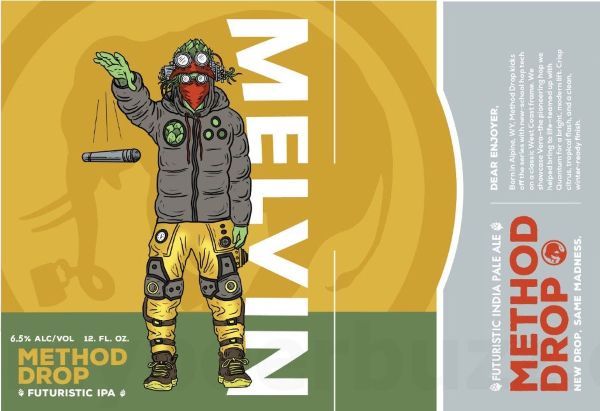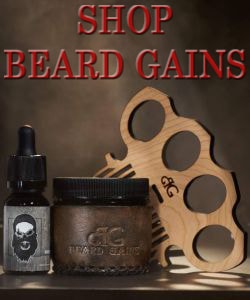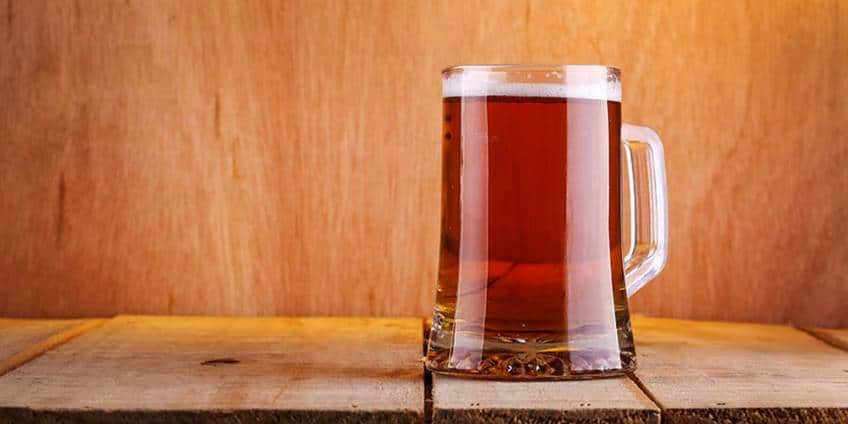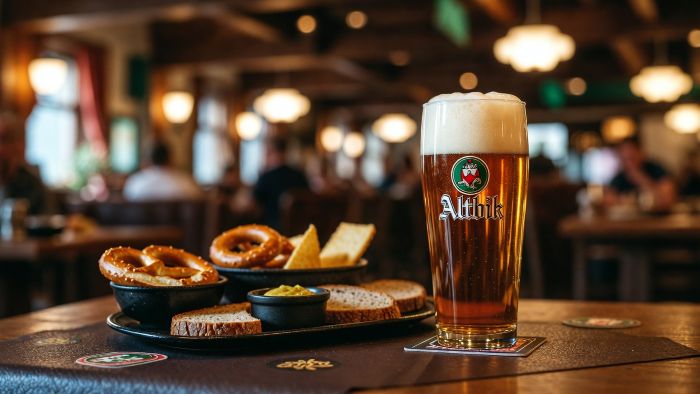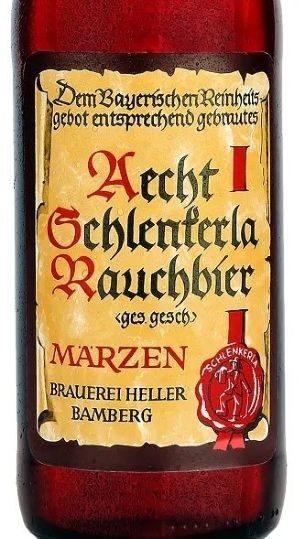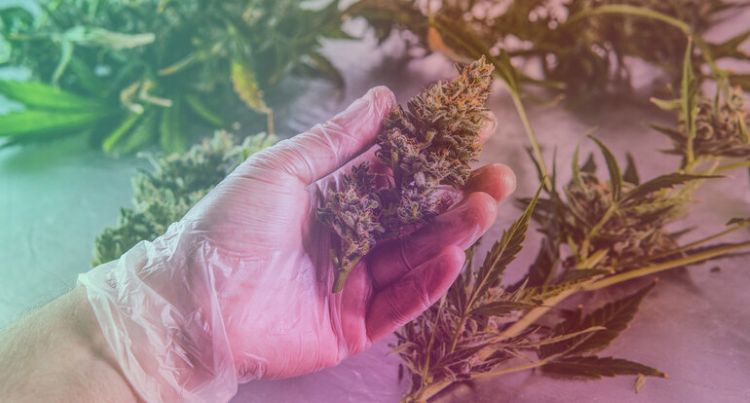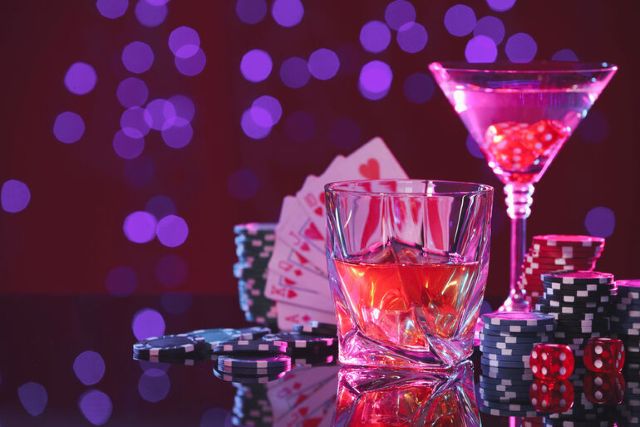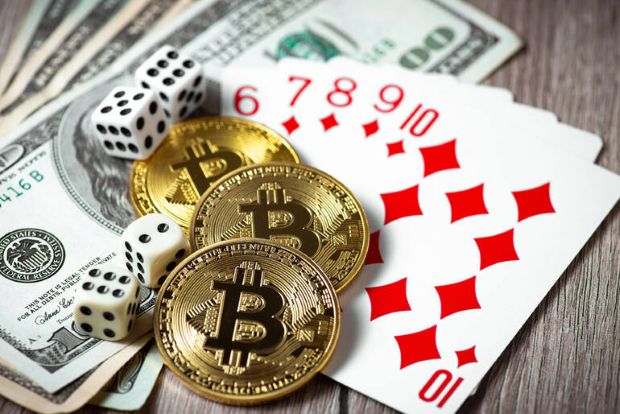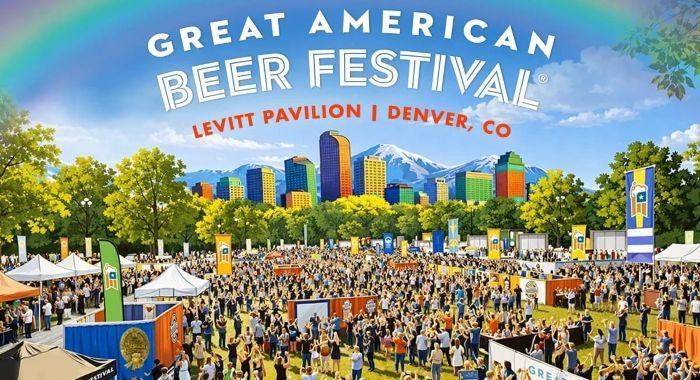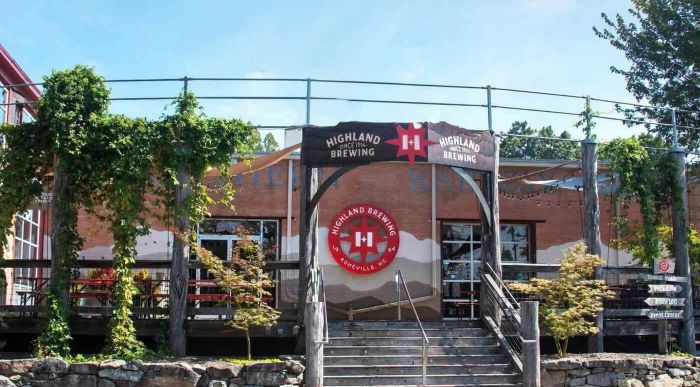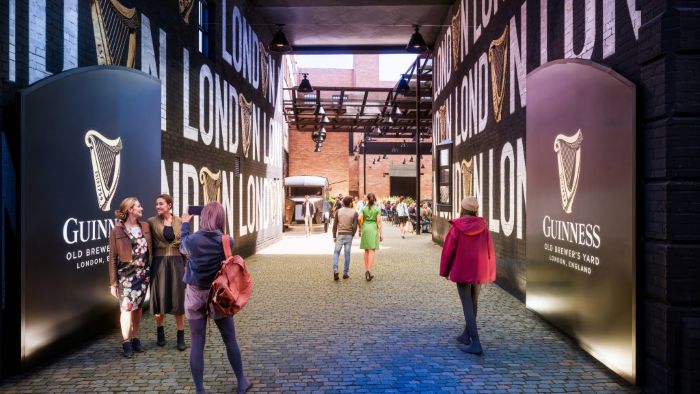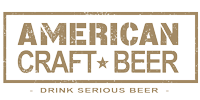6 Famous Beer Recalls – What Happened & Why
6 Famous Beer Recalls – What Happened & Why
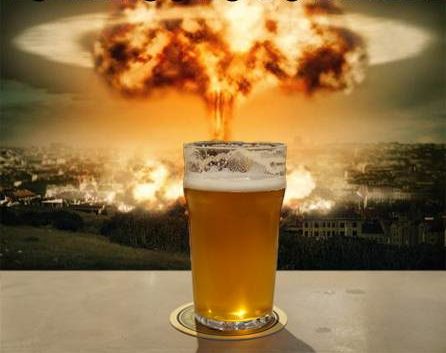
When you crack open a cold beer, the last thing you expect is a recall notice, it’s not like you’re drinking a Toyota.
Yet even the biggest names in brewing have faced production hiccups that forced them to pull products off the shelves as fast as possible. From exploding bottles to funky flavors, beer recalls have a way of reminding us that brewing—no matter how precise—is still part science, part art, and sometimes, part chaos.
Beer recalls, while rare, reveal just how complex modern brewing has become. Even the most advanced breweries juggle countless variables—temperature control, packaging integrity, sanitation, and supply chains. When something slips, it can ripple across the entire industry.
Here’s a look back at some of the most famous (and infamous) beer recalls—and what exactly went wrong.
Goose Island Bourbon County (2015) – The Infection That Rocked Craft Beer
Goose Island’s Bourbon County Brand Stout is a cult favorite, one of the first barrel-aged stouts to reach nationwide fame. But in 2015, excitement turned to frustration when fans noticed something… off.
Several batches developed sour, funky notes that didn’t belong anywhere near a bourbon barrel. The culprit? A wild lactobacillus infection that snuck into the aging process. Goose Island quickly issued a voluntary recall, refunded customers, and revamped its sanitation procedures. To their credit, they were brutally transparent about it—earning back trust over time.
Sierra Nevada (2017) – A Broken Bottling Line
In early 2017, Sierra Nevada Brewing Co. voluntarily recalled several batches of its beer after discovering a potential glass defect in its Mills River, North Carolina bottling line. The issue? Tiny shards of glass could have made their way into bottles.
While only a fraction of production was affected, Sierra Nevada didn’t take chances—pulling back cases across 36 states. No injuries were reported, and the quick response reinforced why the brewery has a reputation for doing things the right way.
Heineken (2019) – Alcohol? What Alcohol?
You’d think a recall over too much alcohol might be the issue—but Heineken’s 2019 misstep was the opposite. The brand’s 0.0 non-alcoholic beer had to be pulled from U.S. shelves after it was found to contain traces of actual alcohol.
The error came down to a production oversight in one of its European plants. Not the biggest scandal in the beer world—but enough to make sober-curious consumers side-eye their blue-labeled bottles for a while.
Samuel Adams (2008) – The Glass Incident
Long before Sierra Nevada’s recall, Boston Beer Company (makers of Samuel Adams) faced a similar scare. In 2008, the brewery issued a voluntary recall for certain bottles after discovering possible glass fragments due to a manufacturing defect from a third-party supplier.
CEO Jim Koch even recorded personal messages explaining the issue—an early example of transparent crisis management in the industry. The move likely saved the company’s image during the height of its national growth.
Carlsberg (2021) – Contaminated Beer in the UK
In 2021, Carlsberg’s Northampton brewery in England faced a serious contamination issue that tragically resulted in one death and several hospitalizations among workers. While not a consumer recall per se, it led to widespread withdrawal of several Carlsberg UK products amid an industrial safety investigation.
The cause was a CO₂ leak during maintenance work—a grim reminder that brewing isn’t just about hops and barley; it’s a serious industrial process that demands constant vigilance.
BrewDog (2020) – The “Fake” Recall That Backfired
BrewDog, the self-styled punk of the beer world, pulled a publicity stunt that didn’t quite land. The Scottish brewery claimed to “recall” its beer because it was too good—a tongue-in-cheek marketing move.
But fans didn’t find it funny. Coming on the heels of legitimate quality concerns and workplace culture controversies, the fake recall felt tone-deaf. The brewery later admitted it may have misjudged the tone.
